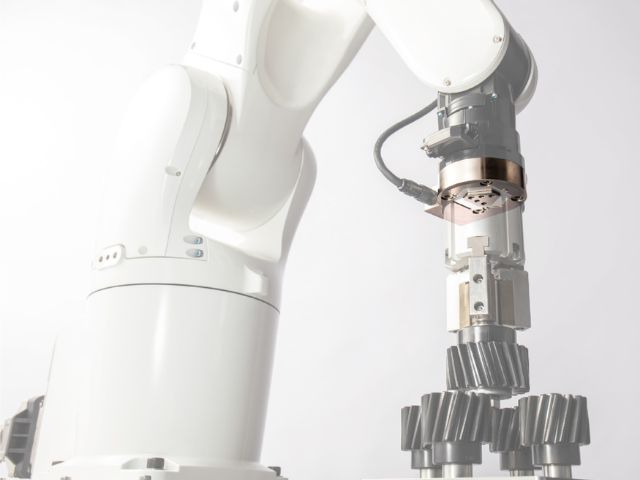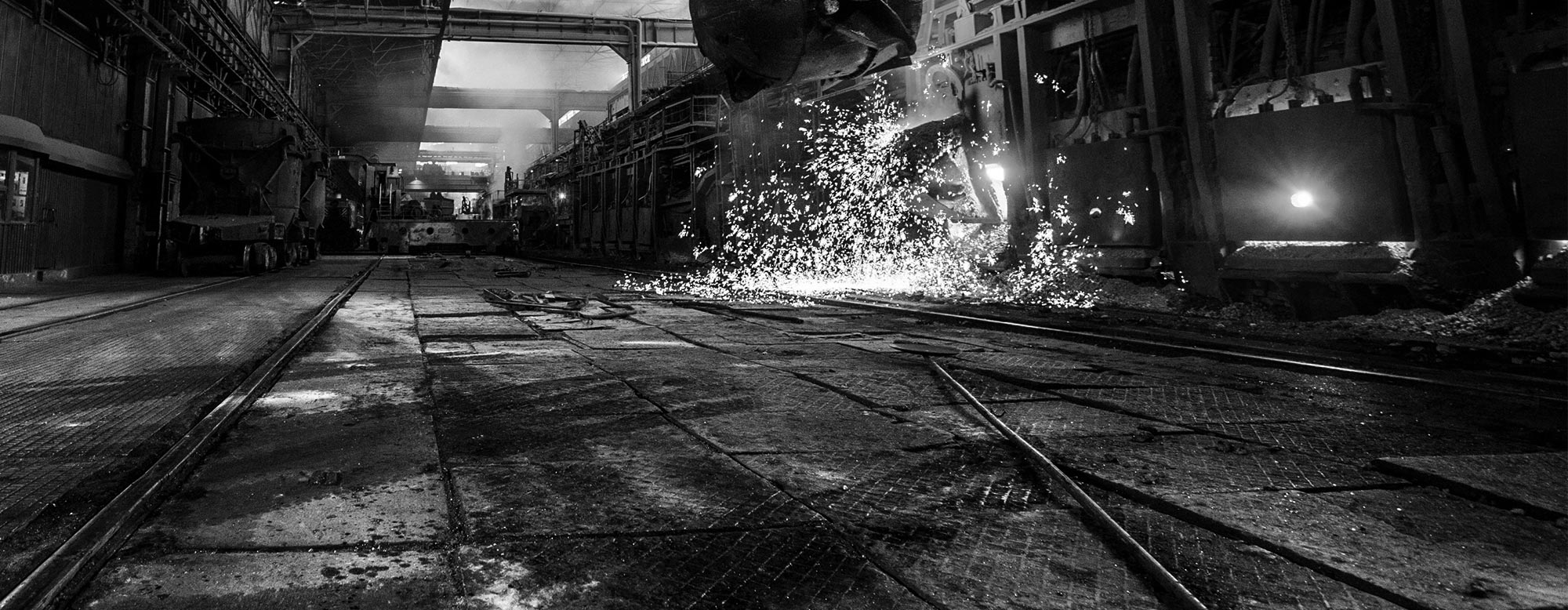What To Consider When Choosing a Force Torque Sensor

Selecting the right force torque sensor for your application is a decision that demands careful consideration. These sensors are pivotal in various industries for precisely measuring forces and torques. Read on to find out what to consider when choosing a force torque sensor.
Accuracy and Resolution
The cornerstone of any force-torque sensor is its accuracy and resolution. These metrics determine the sensor’s ability to produce precise and consistent measurements. When choosing a sensor, assess the accuracy required for your application. High-precision tasks, such as robotics or aerospace manufacturing, require sensors with minimal error margins and high-resolution capabilities. It’s vital to balance the need for precision with the practicality and cost of the sensor to find the right fit.
Compatibility With Your System
A sensor’s compatibility with your existing system is paramount. This includes physical compatibility regarding size and mounting options and compatibility with your system’s software and data processing capabilities. Ensure the sensor can seamlessly integrate with your setup, providing the necessary outputs in a format your system can interpret and utilize effectively. Neglecting this aspect could lead to additional costs and complications in adapting your system to the new sensor.
Environmental Durability
The operating environment plays a crucial role in selecting a force torque sensor. Sensors that will be used in harsh conditions, such as instances where extreme temperatures, moisture, or corrosive substances are present, require robust construction and appropriate protective measures. Assess the environmental challenges your sensor will face and choose a model designed to withstand these conditions. Durable construction ensures longevity and consistent performance, preventing frequent replacements and maintenance issues.
Cost vs. Performance Trade-Off
Cost is always a consideration, but weighing it against performance is important. Cheaper sensors might save money upfront but could lead to inaccuracies and frequent replacements in the long run. Conversely, the most expensive sensors may offer features that are overkill for your application. Striking a balance between cost and the performance needs of your project is crucial. A force torque sensor is an investment in the accuracy and reliability of your measurements.
Now that you know what to consider when choosing a force torque sensor, you can approach this decision with confidence. A well-chosen force torque sensor becomes an invaluable asset, providing precise data and enhancing your operation’s overall efficiency and effectiveness.
Want to know more about the benefits of adding force torque sensors to your factory?
